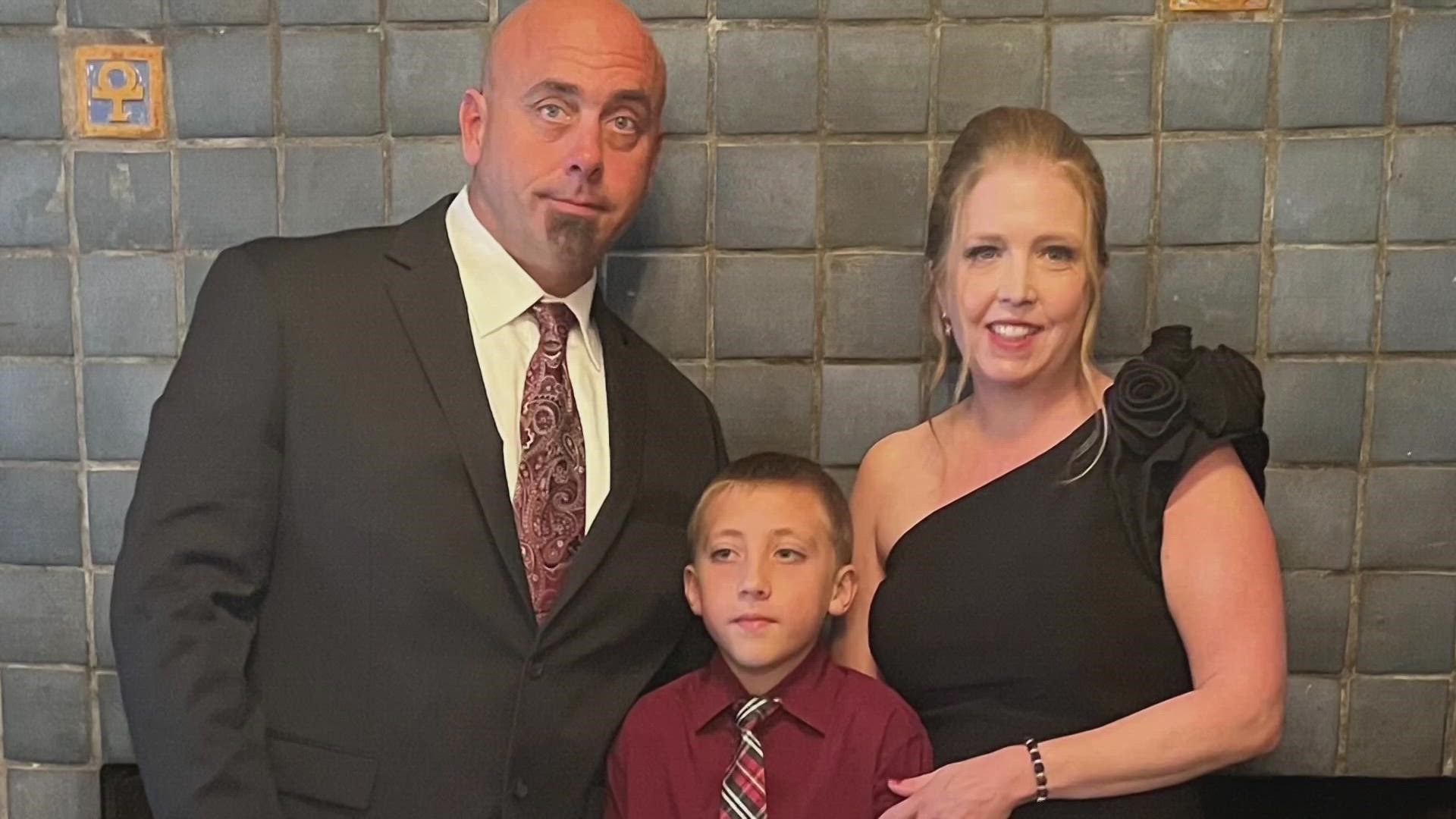PORTLAND, Maine — February is American Heart Month, and on Friday people are encouraged to wear red to help raise awareness that heart disease is the leading cause of death in the U.S.
Mindy Beyer was born with a congenital heart disease, and while living into her forties was something doctors never saw for her, each win in life comes with its own challenges.
Beyer said because so many before her didn't survive as long, there are new lessons to learn every year.
"My diagnosis ended up being what we call 'corrective transposition of the arteries,' so my ventricles are reversed," she explained.
Through surgeries and setbacks, Beyer is alive and sharing her story of congenital heart disease, despite a doctor telling her parents she likely wouldn't live beyond the age of three.
"Adults live with congenital heart disease, but it's a lifelong condition," Beyer said.
A lot of people think they've had corrective surgery and thus they're good now, but heart health is a lifelong process.
"I think that that's the big part of congenital heart disease now ... that second layer," Beyer said. "Because people before me didn't really make it."
Last year was a new hurdle for Beyer when her heart started to flutter at a stoplight one week after a clear annual checkup with her cardiologist.
"I ended up having AFib [atrial fibrillation], which is very common to have arrhythmia as you get older with congenital heart disease."
But this round put Beyer in the hospital for weeks, followed by rehabilitation. She credits her care to her team in Boston and at Maine Medical Center in Portland, where she now works as a quality improvement specialist in cardiology, helping others navigate their own heart health journey.
"My setback opened my eyes to realize that I was living life, but not as fully as I could, and so I really have embraced it," Beyer said. "You just have to take every day and just live it because you really don't know if tomorrow is going to come."
Beyer shared some statistics about heart disease, including symptoms that often present differently in women than in men:
- More than one in three women is living with some form of cardiovascular disease.
- Heart disease and stroke cause one in three deaths among women each year, which is more than all cancers combined.
Signs and symptoms of heart attack can present differently in men and women. If you have any of these signs, call 911 and get to a hospital right away:
- Uncomfortable pressure, squeezing, fullness, or pain in the center of your chest lasting more than a few minutes or going away and coming back
- Pain or discomfort in one or both arms, back, neck, jaw, or stomach
- Shortness of breath with or without chest discomfort
- Breaking out in a cold sweat, nausea, or lightheadedness
As with men, the most common heart attack symptom for women is chest pain or discomfort.
Women are more likely than men to have heart attack symptoms unrelated to chest pain, such as neck, jaw, shoulder, upper back, or upper belly (abdomen) discomfort. Signs can also include:
- Shortness of breath
- Pain in one or both arms
- Nausea or vomiting
- Sweating
- Lightheadedness or dizziness
- Unusual fatigue
- Heartburn (indigestion)
- Click here for more symptoms.
Most cardiac and stroke events can be prevented through education and lifestyle changes, such as moving more, eating smart, and managing blood pressure. Doctors also say sleep is beneficial in maintaining a healthy heart.

